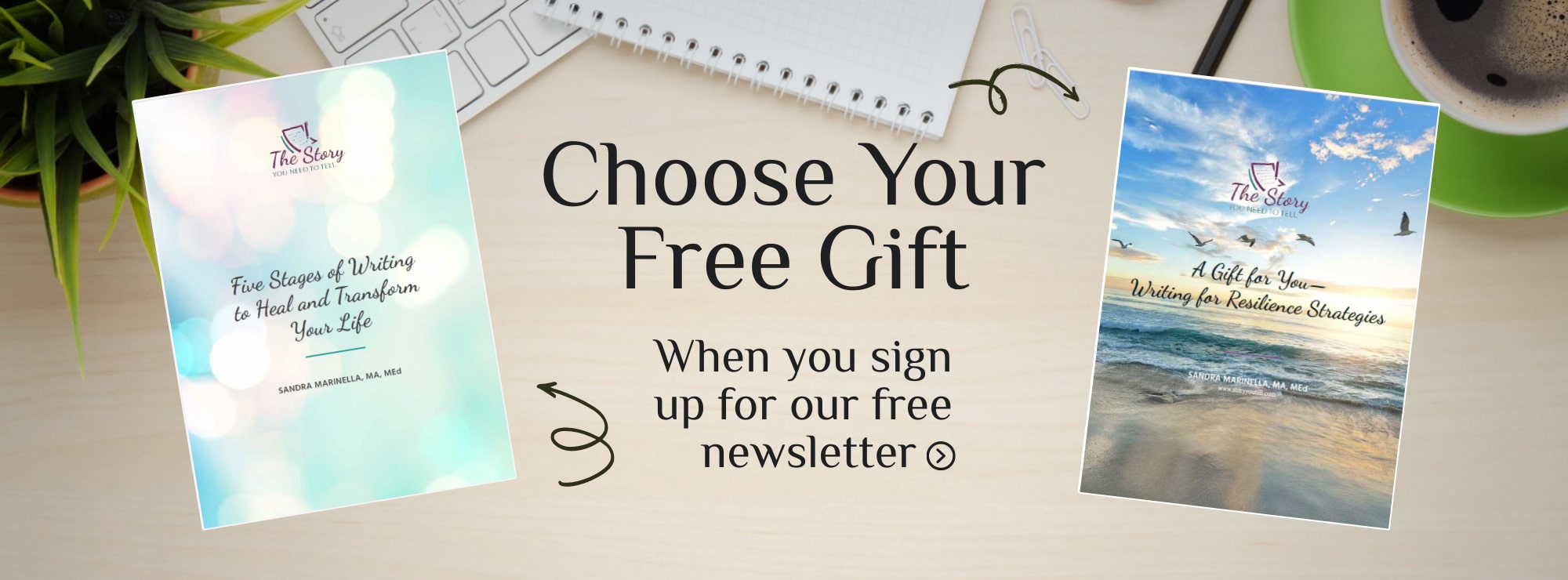The Dormant Seed
Once upon a time and far away – in fact very far away in a small unremarkable market town in the center of England – lived a young girl who loved her books and stories.
She quickly learned her ABC’s and when her parents read bedtime stories she remembered every page, correcting them if they ever tried to skip one. Her appetite for reading quickly grew – The Pilgrim’s Progress at seven – The Lion the Witch and the Wardrobe, science fiction, history – the library was her second home and so was planted the seed of a writer.
As a teenager she scribbled notes in a journal, wrote a few lines here and there and pursued English Literature and French at school – language and words were her fascination, her passion. She studied Jane Austen’s Pride and Prejudice, Thomas Hardy’s Far from the Madding Crowd, Shakespeare’s Hamlet—the list went on and on. Then at sixteen she had to make a choice in subjects – hers would have been Science and English Literature of course, but her teachers knew better, apparently, and said, “Oh no you can’t mix and match. It has to be all science or all art.” So science it was.
The seed lay dormant.
The next few years she spent writing science reports, answers to exam questions and dissertations, one of the highlights being the Reproductive Life Cycle of a Barnacle! Then on to a corporate job–crafting statistical reports, training plans, committee reports, performance reviews, job descriptions–words that seemed so stale and flat.
The seed lay dormant.
The years went by, life went by, and her writing was limited to e-mails and the occasional letter. Books were still her sanctuary, and friends often said “we love the stories you tell” or “you should write a book.” The seed gave a little shake at the sounds of these words, but she often asked herself, “Who am I to write a book. I have no stories and no time.” The seed would bury itself a little deeper into the dark earth.
Still the seed lay dormant.
In nature, of course, it can often take a significant event such as a hard frost or even a fire to unlock a seed so that it can in fact sprout–this little seed had lain dormant for so long that it was questionable whether it was still viable after almost 50 years.
Then came the events that would shake and inspire the seed into action–cancer diagnosis, her father’s death, the pandemic. On clearing out her father’s house, she found some of her stories, essays, and poems she loved and had shared.
Covid was the final wakeup call–socially isolated, in lockdown she joined communities on-line including the local cancer support group who held a weekly class called “Notes to Self.” The seed shook a little harder, especially when she showed up and wrote a few words. With great trepidation she ignored the voice in her head which said, “You are not a writer, No one will take any notice. They will laugh at you.” But the seed was taking hold.
A dear friend in the group provided water and even fertilizer for the seed. “Sandra Marinella is giving a talk through Healing Journeys. You should sign up! So she did.
The seed was so happy that a shoot appeared although it was not sure which way to go–up or down?
She listened to Sandra, purchased a copy of the book, and this time the seedling shook so violently she signed up for a writing class. How did that happen? Again, she showed up with trepidation, read the book, and finally understood that she could write. She had something to write about. Sandra and the beautiful community she created provided fertile ground and a framework to write stories of overcoming trauma and loss, positive stories, heroic stories. It all made perfect sense.
The roots of the seedling grew stronger and finally the shoot pierced through the soil to the light—throwing out a bud or two when a piece was written and then started to bloom as she told her stories. She became proud of the writer she was, proud of her stories, proud to tell them, and proud to be part of a community of budding seedlings seeing the beauty of the blossoms unfold.
– Pam Sheppard
April 2022

